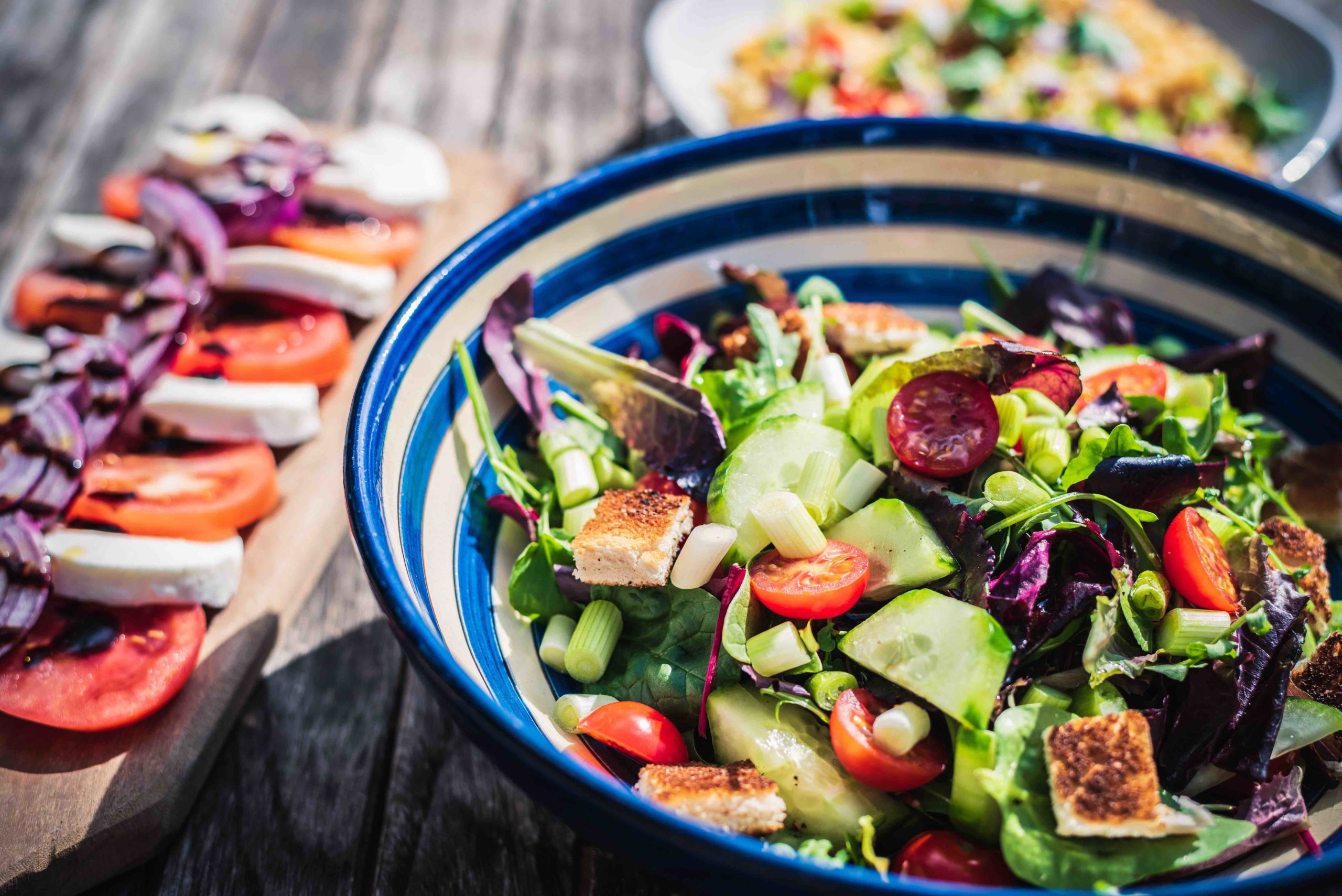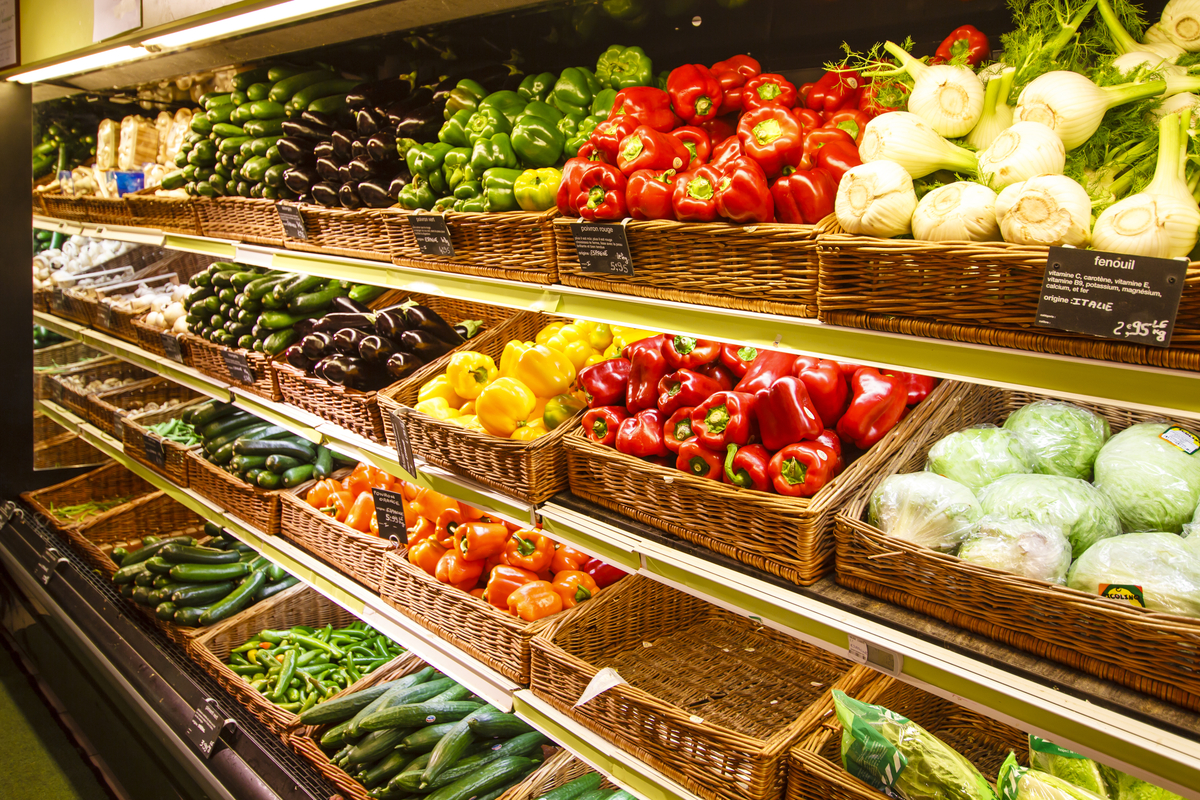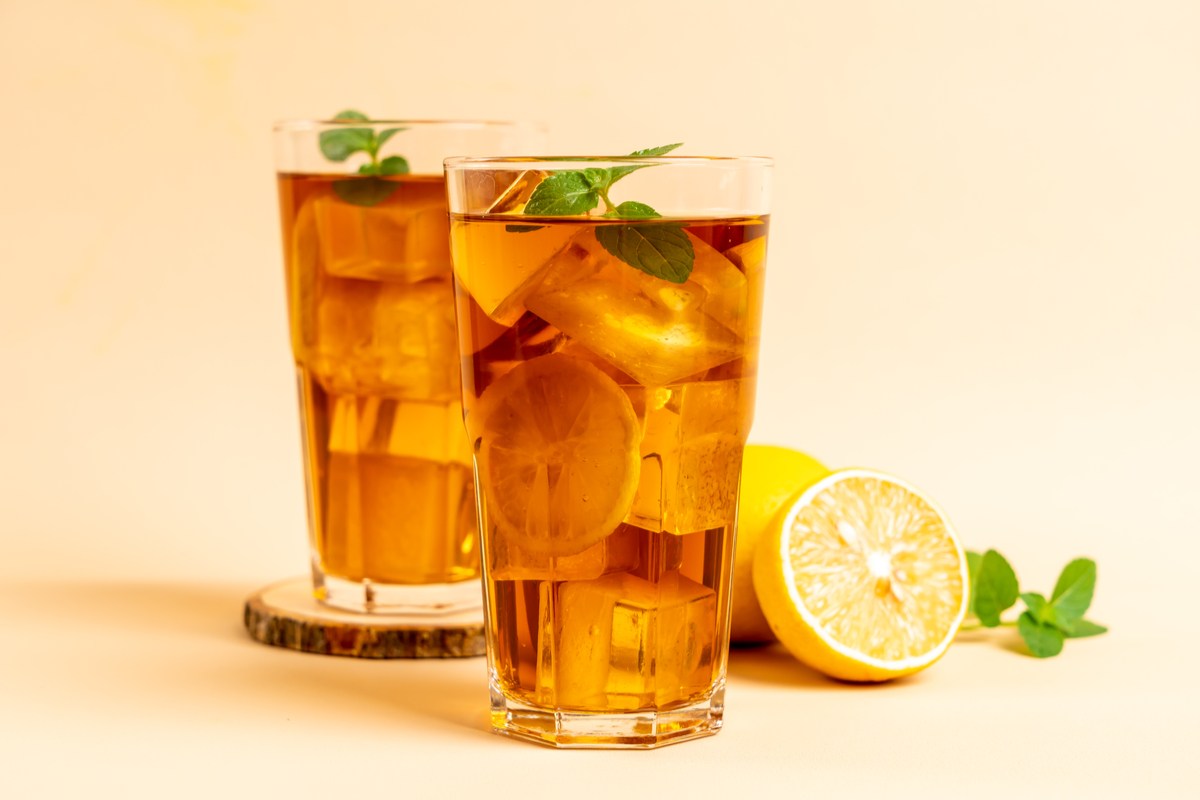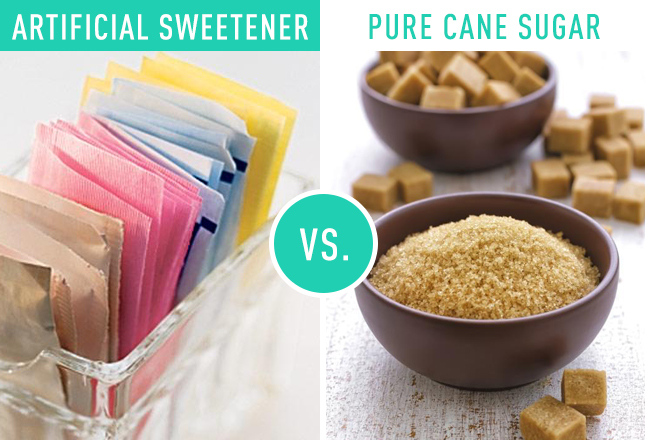Remember the Atkins Diet? You could consume bacon and eggs breakfast in the morning, have a hamburger sans bun at lunch and a porterhouse steak for dinner — plus nosh on nuts and cheese during the day. The South Beach Diet allowed carbohydrates, but only the ones that were low on the glycemic index chart. So in the battle of the bulge, which diet wins: high protein or low carb?
What is a low carb diet?
Simply put, a low carbohydrate diet limits carbs. Let’s learn a little bit about carbohydrates first. They’re used as your body’s principal source of fuel. Here are some common sources of natural carbohydrates:
- Grains (wheat, barley)
- Fruits
- Vegetables
- Milk
- Nuts
- Seeds (chia, flaxseed)
- Legumes (beans, lentils, peas)
Carbs are broken down into glucose during digestion, some of which is used for your daily activities, like taking a class. Whatever your body doesn’t use is stored for later or converted into fat. So when you consume fewer carbs, your body taps into the reserved fat for energy, which helps you lose weight.
What is a high protein diet?
The recommended daily allowance of protein is 46 grams per day for adult women and 56 grams per day for men. Your body uses the amino acids in protein to build lean muscle mass, which can help your upper body look more toned and defined from TRX workouts.
Consuming protein also helps you feel full for a longer period of time. A study from Johns Hopkins University showed that a diet with about 25 percent of the calories from lean protein sources reduced LDL cholesterol levels and blood pressure. Another group increased their protein intake to 30 percent and lost about 11 pounds in 12 weeks.
Low carb vs. high protein
Neither! You can absolutely lose weight with either, but at some possible risk to your health. High-protein diets are not advised for people with kidney disease and can increase the risk for heart disease. Low-carb diets may leave you feeling weak and dizzy, plus the lack of fiber… well, you know. Both are short-term diets that do not always lead to long-term or permanent weight loss. Instead, a balanced diet that includes vegetables, protein and fruit will keep you healthier. The biggest thing to avoid? Processed food. Read more about whole food detoxes here.






One thought on “Is a Low Carb Diet or a High Protein Diet Better for You?”
Comments are closed.